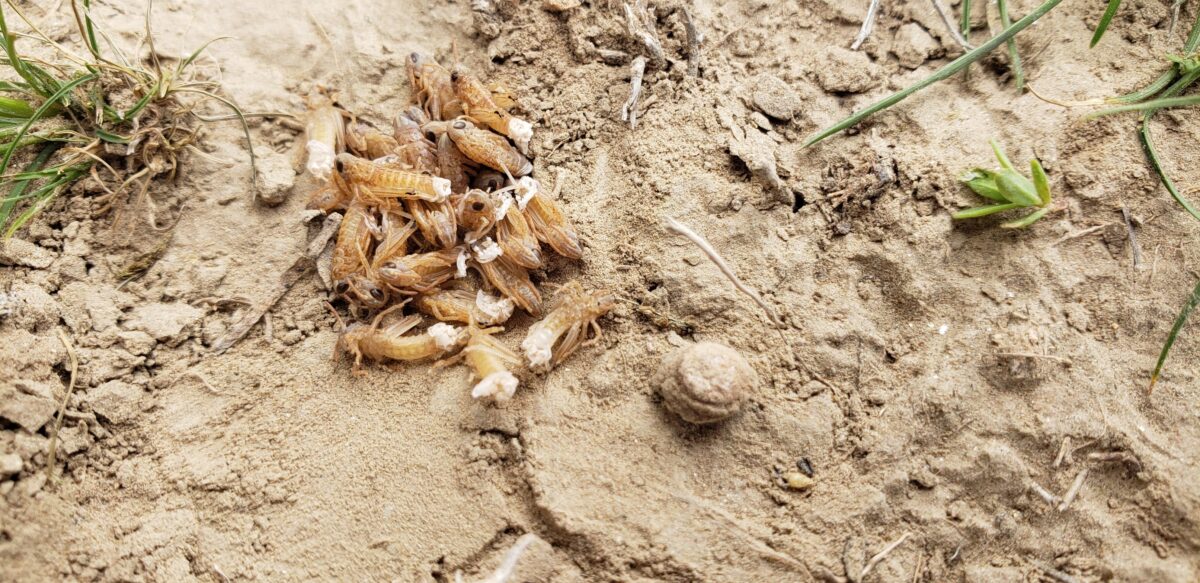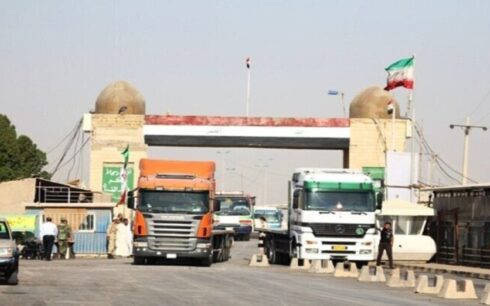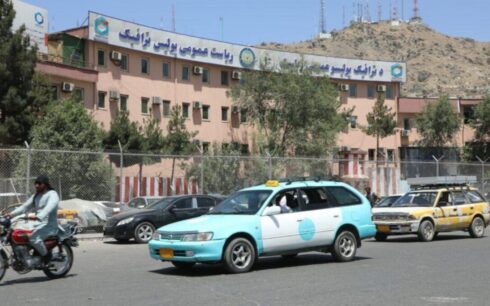The United Nations Food and Agriculture Organization has warned that an outbreak of Moroccan locusts poses a serious threat to farmland in northern Afghanistan, potentially endangering food security in several provinces already facing economic hardship and environmental stress.
In a statement on Monday, the agency said the locusts are currently in their early hatching stage and are expected to impact croplands in Kunduz, Baghlan, Takhar, Samangan and Balkh provinces. If left unchecked, the infestation could cause widespread damage to wheat and barley fields, which are vital to local food supplies.
The Moroccan locust (Dociostaurus maroccanus) is considered one of the most destructive plant pests in Central and South Asia. According to the FAO, even a small swarm can consume enough crops to feed thousands of people in a single day.
“Urgent action is needed to prevent the spread of this pest and to protect both pasturelands and rural food security,” the FAO said. The agency is coordinating emergency control measures, including ground surveillance, chemical spraying, and awareness campaigns in at-risk communities.
The organization also urged local farmers and residents to take preventive steps and to report suspected outbreaks to local authorities immediately.
Agricultural experts say climate change, reduced rainfall, and overgrazing have created favorable conditions for locust breeding in recent years. Afghanistan’s already fragile agricultural system, strained by conflict, economic isolation, and recurring natural disasters, is especially vulnerable to such outbreaks.
The warning comes as Afghanistan continues to face a complex humanitarian crisis, with more than 15 million people—over one-third of the population—estimated to be facing acute food insecurity, according to recent UN assessments.





